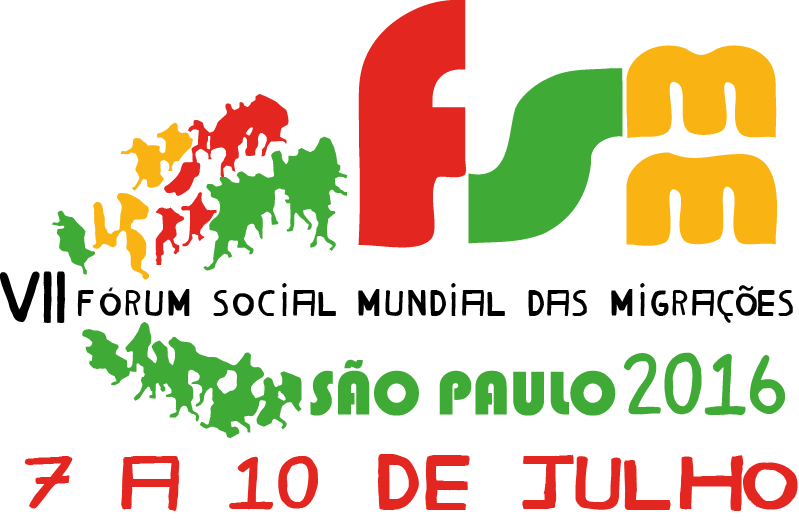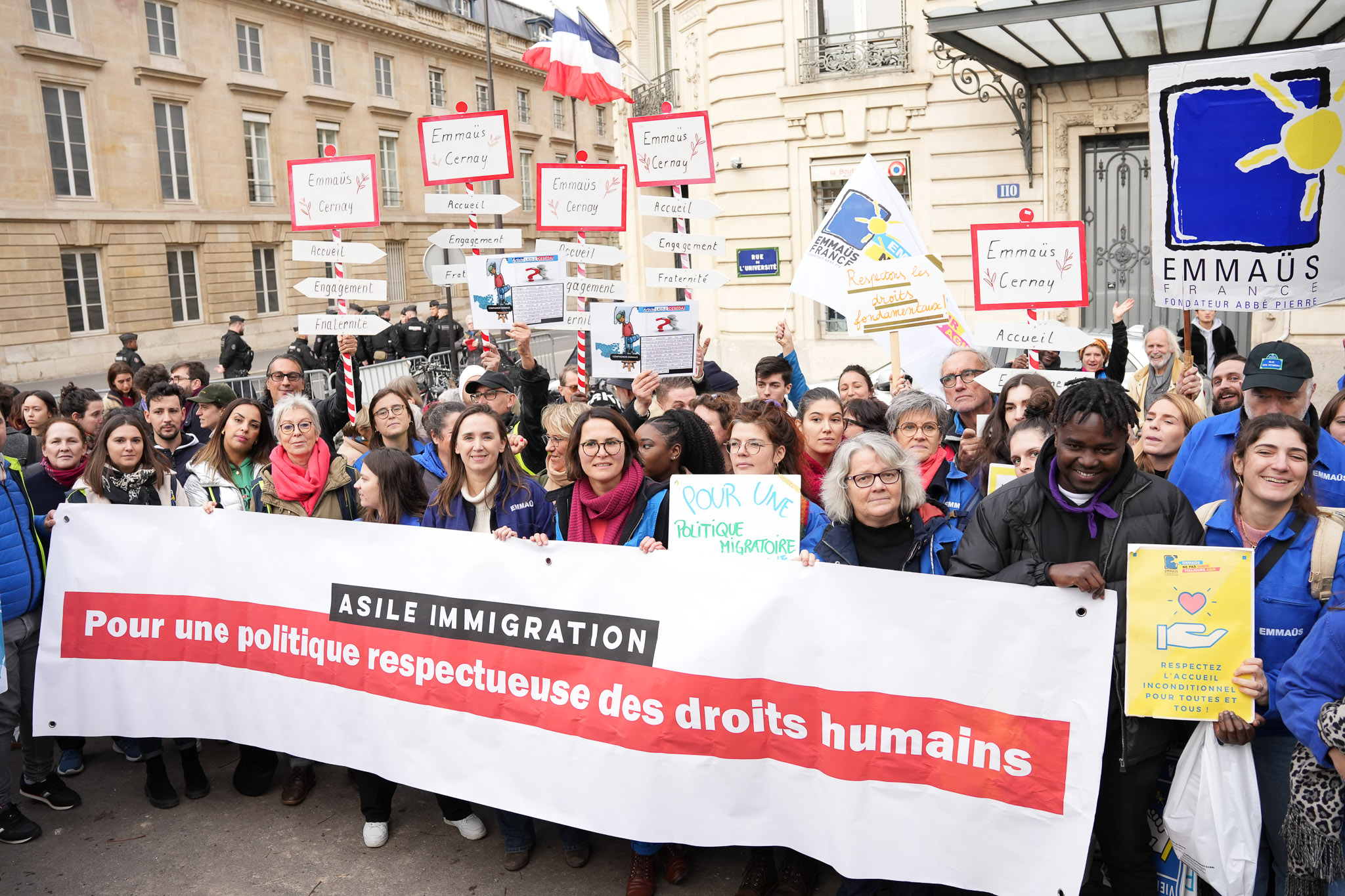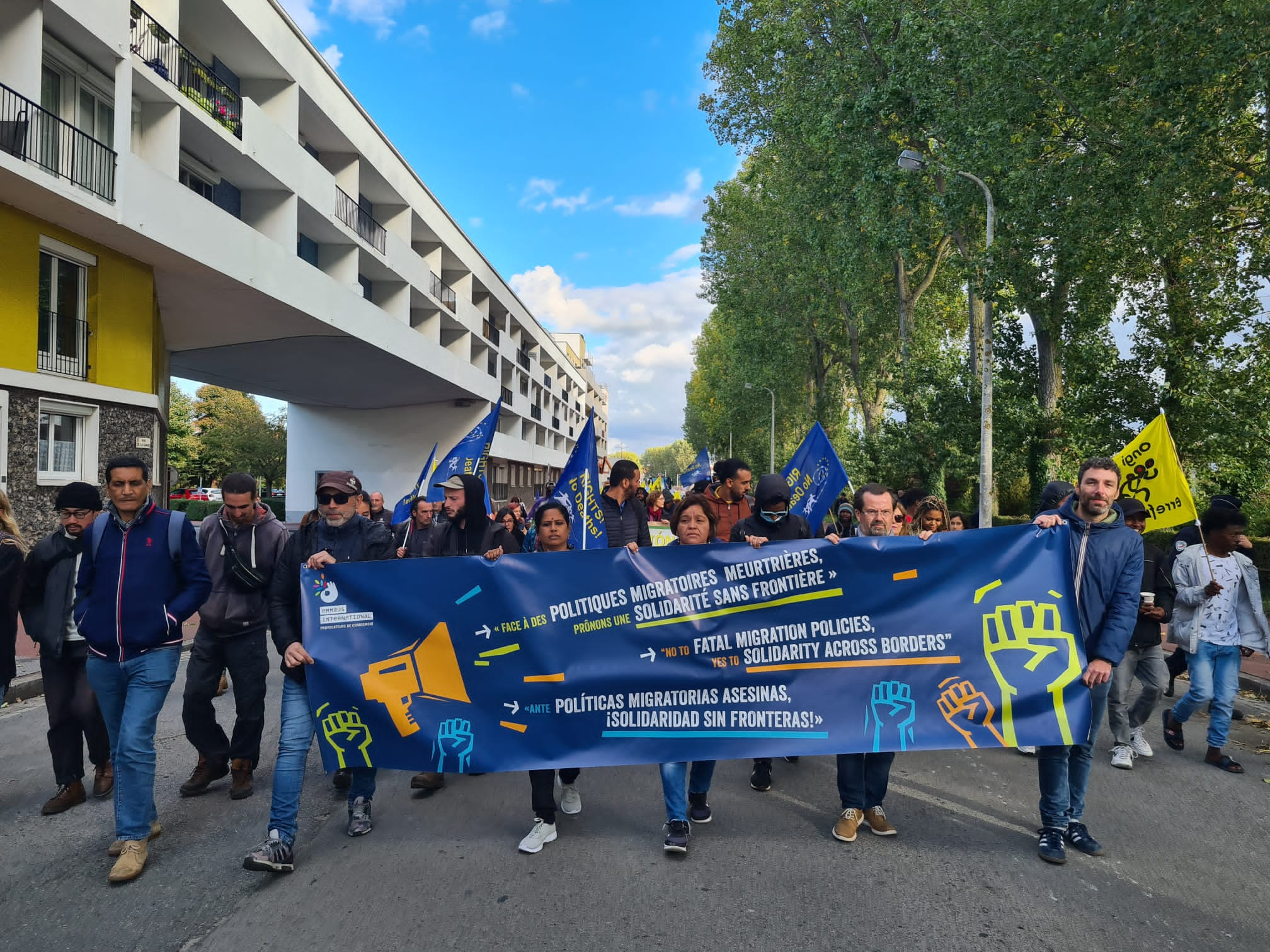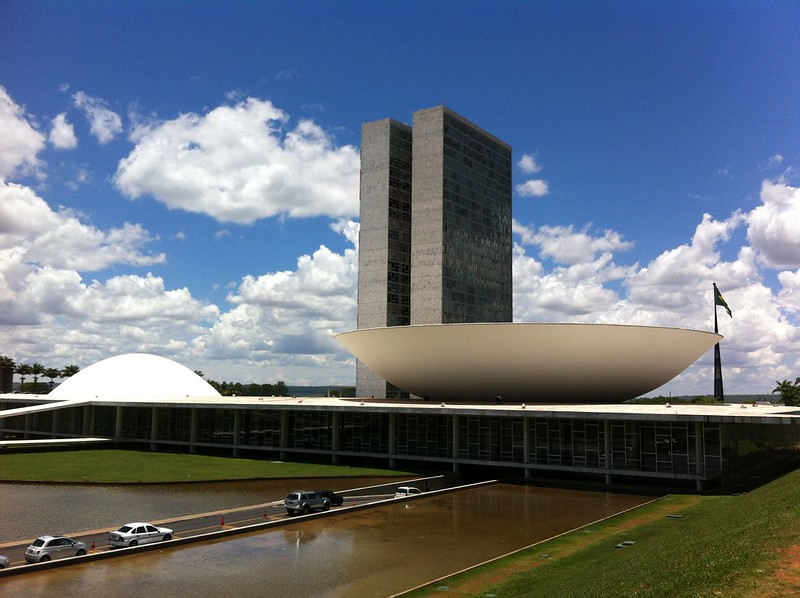An Emmaus delegation at the São Paulo WSFM

From 7th – 10th of this July, representatives of Emmaus International and the Organisation for Universal Citizenship will take part in the 7th World Social Forum on Migrations, São Paulo.
For the past 10 years, the World Social Forums on Migrations (WSFMs) have been a unique opportunity to bring together international migrations initiatives from social movements, NGOs activists or representatives of civil society.
The Emmaus International delegation and the Organisation for Universal Citizenship together with the CCFD-Terre Solidaire and their partners will take part in the upcoming WSFM with the aim of launching an appeal to social movements in local authorities in order to encourage the emergence of alternative migration policies.
In a world where the only State response to migration is to take security measures and repressive action towards migrants, the front line towns and cities that welcome immigrants and ensure their integration have proved themselves true friends of civil society. The local authorities have a major role to play in the creation of more cohesive migration models.
The 2016 WWFM will be hosted by the city of São Paulo. The forum has been taking place since 2013. Its policies regarding migration are very innovative and it is considered as a real asset to the city. The São Paulo coordinator of migration policies, Paulo Illes, explains: “For the first time, there is a desire to speak out on specific public policies concerning the immigrant population that lives in the city. We are witnessing a progressive change of paradigms, from national security moving towards human rights. São Paulo already considers immigrants as subject to rights, people who participate in building up a city in which they must become completely integrated.”
More than ever before, it would seem imperative that the civil society stakeholders unite with these groups so as to form together a proactive force and reverse the balance of power, establishing more welcoming, cohesive and inclusive migration policies. This alliance should allow us it strengthen what already exists and to work towards making shared commitments which can lead to an alternative approach on several levels, from local to international.


